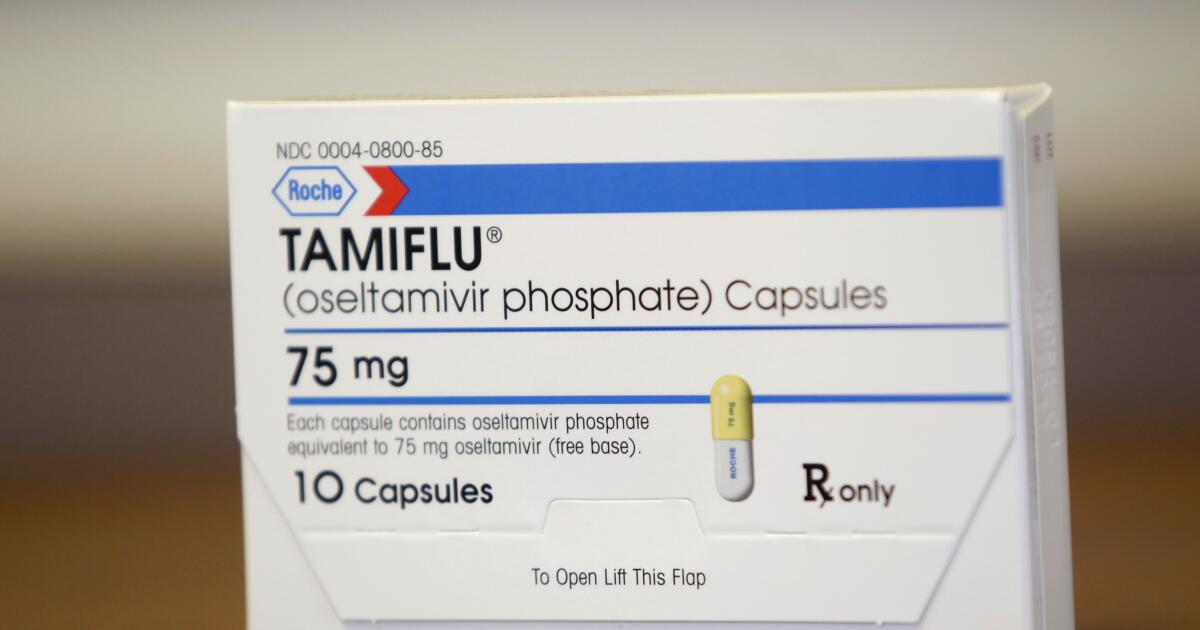Rice tends to absorb more arsenic than other crops.
Rice tends to absorb more arsenic than other crops. Due to soil pollution and excessive use of pesticides, many people try to ignore rice.
Rice is one of the main staple foods that Asians consume daily. In almost every corner of Asia, the predominance of rice over other cereals explains its importance in the Asian market. With the advancement, there are various types of rice available in the market. Polished rice, unpolished rice and brown rice are some of the main characteristics of rice available in the market. It is consumed by all classes of society. There has been a debate about its health benefits and its possible harmful effects on life in general.
Eating rice every day has several health benefits. Rice is rich in carbohydrates. It helps to have energy throughout the day and also to feel satisfied after eating. Rice has many nutrients such as manganese, fiber, selenium, magnesium, and vitamin B. Eating too much rice also exposes you to the risk of uncontrolled blood sugar.
According to a recent study, “When you do not eat rice for a month, there is a chance of losing weight due to lack of calories in the body. And since carbohydrates are not consumed, the blood sugar level will also be under control.”
Rice tends to absorb more arsenic than other crops. Due to soil pollution and excessive use of pesticides, many people try to ignore rice. However, boiling rice can reduce arsenic. According to FDA data, cooked rice has a very low amount of arsenic without any side effects.
According to nutritionists, rice has bad carbohydrates, also called empty carbohydrates. In addition to carbohydrates, there are many other nutrients available, such as iron and vitamin B. For these reasons, rice is considered to be packed with nutrients. For every 100 g of white rice there are 131 kcal of energy, 2.8 g of protein, 0.4 g of fat, 31.1 g of carbohydrates and 0.5 g of fiber. On the other hand, for every 100 grams of brown rice there are 132 kcal of energy, 3.6 g of protein, 0.9 g of fat, 29.2 g of carbohydrates, 1.5 g of fiber, 48 mg of magnesium and 125 mg of phosphorus.
Excluding rice from the diet has many implications. Lack of rice in the diet can cause deficiencies of vitamin B and certain minerals. Therefore, eating rice in moderation cannot have any side effects on the body. Still, giving up rice and resuming it can increase the blood sugar level in the body.












